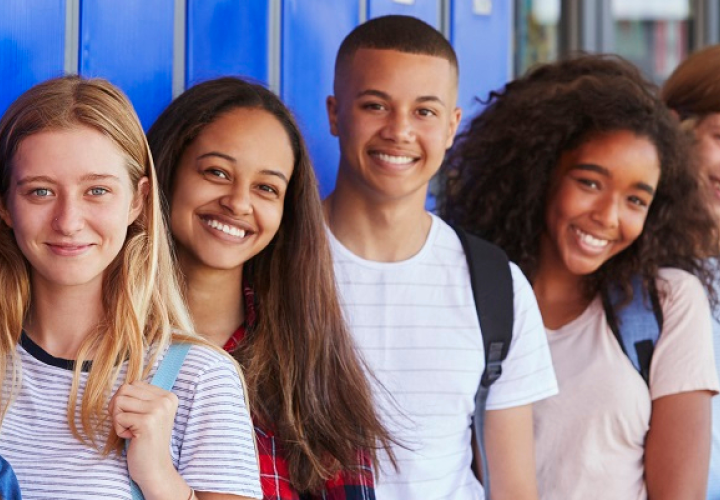High school students bring their own experiences into the sessions and are eager to apply what they know in our conversations. Our society is inundated with negative messaging, in our movies, music, and personal lives. In one exercise, students analyze music lyrics and identify the negative messaging. Current events also influence our conversations. In the past year, headlines about Jeffery Epstein and R. Kelly have dominated the news and young people are very aware of these crimes. In applying what they have learned about power and control, students are readily able to see in these two men how they used their status to threaten and isolate young women, grooming them for sexual abuse.
When we ask students to tell us what they expect from a relationship, we commonly hear words like respect, trust, truth, two-way communication, caring, kindness and love. These are common values that we would all like to have in our relationships. BCHR helps students to recognize what’s not healthy in the relationships around them and to practice taking action. Finally, when we talk with students we ask them if they have a trusted adult, someone who embodies those positive qualities we mentioned above, to whom they go to for support if they need it. If you are reading this, ask yourself who counts you as their trusted adult? Make the time, check in with young people who trust you, and talk openly about healthy relationships.
